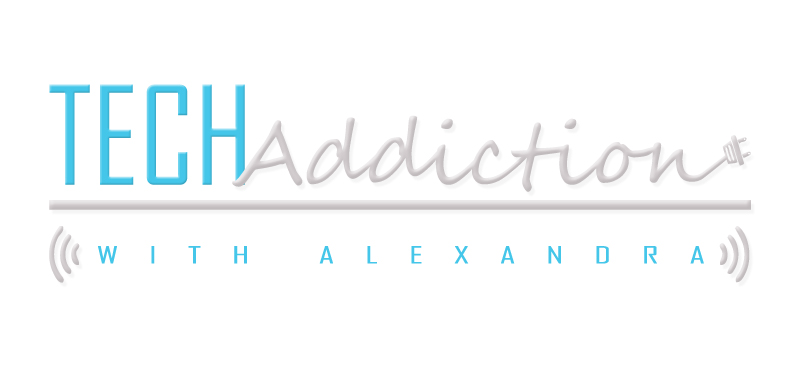[ “Pushed by technology and job evolution in the service economy, fewer American workers know what “quittin’ time” is.” Diane Stafford, Kansas City Star, April 2012 ]
This entire spring semester at NDSU I have been blogging on
tech addiction. As I was thinking about
what to blog about this week, this thought crossed my mind: “I am in the
technology field; staying on top of technology is what I do.” As the United States becomes more and more technologically
advanced, so will I. With time,
everything advances and our so-called “normal” lifestyles change. And sometimes those lifestyle changes mean
more work, and less play.
I sat down and made a list of all of the technology I need
to stay competitive in my job field:
 |
| Photo Credits |
1.
A laptop – needed to sit down with clients to go
over designs in remote locations, as well as just work from anywhere but home
or my office.
2.
A desktop computer – used as my powerhouse main
station. This is where all of my designs get hammered out and ready to be taken
off to meet clients, ready for production, or else stored on my 2TB hard drive.
3.
An Ipad – used to show quick and impressive
slideshows of completed work, for apps, and for taking pictures of future
projects, adding dimensions, and uploading to my server back at the office.
4.
A smartphone – used to communicate with all of
my clients through phone, text, email, and to access our company server.
Some of you may think that I am crazy, and that these are
not essential for being in the graphics/sales field. You are right, they are not essential to do
the job. However, they are essential in
today’s market if I want to stay on top of sales and beat out my competitors.
If I let technology pass me by, I could be out of a job in the future.
I started out as a graphic designer. Now, I am a graphic designer, web designer,
photographer, saleswoman, estimator, vinyl specialist, as well as a digital
printing specialist, and am working on finishing up a public relations and
advertising degree.
Just because I do all of this doesn’t mean I like it. There is no shut-off period. I am getting phone calls, text messages, and
emails, work related all hours of the day, 7 days a week. Customers and employers won’t hesitate to
call you while you are laying on the beach in Mexico. Diane Stafford, of The Kansas City Star
recently wrote “pushed by technology and job evolution in the service economy,
fewer American workers know what “quittin’ time” is.” I don’t
like to spend as much time as I do with technology, and would love to say “adios”
some days, but I guess I will have to wait until I retire.








